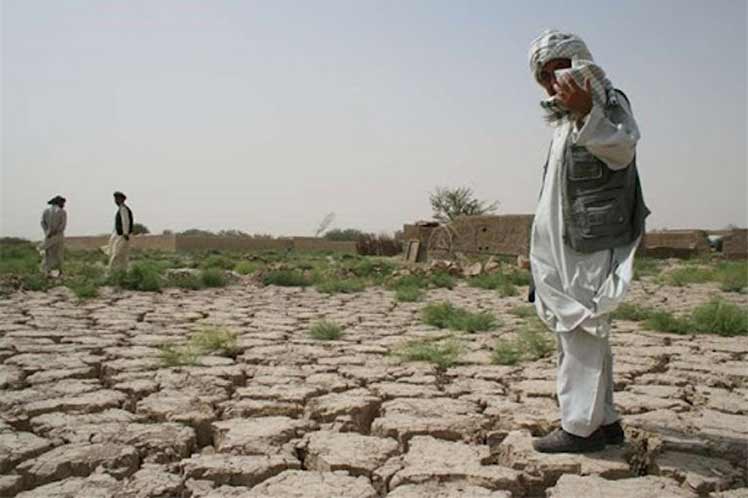Many of those people are already among the 14 million people –one in three Afghans- who are acutely food insecure and need urgent humanitarian assistance.
‘Farmers and livestock owners must not be forgotten in today’s humanitarian crisis,’ said FAO Director-General, QU Dongyu. ‘Urgent agricultural support now is key to counter the impact of the drought and a worsening situation in Afghanistan’s vast rural areas in the weeks and months ahead.’
The combination of severe drought, COVID-19 related economic impacts and widespread displacement have hit Afghanistan’s rural communities hard, particularly its farmers and herders, who are the backbone of the country’s economy.
‘If we fail to assist the people most affected by the acute drought, large numbers will be forced to abandon their farms and be displaced in certain areas,’ the Director-General added.
‘This threatens to further deepen food insecurity and poses yet another threat to the stability of Afghanistan.’
FAO aims to assist as many as 250,000 vulnerable farming families –some 1.5 million people- for the upcoming winter wheat season.
‘The window of opportunity to provide this assistance is closing quickly. We must act before it is too late,’ said Richard Trenchard, FAO´s Representative in Afghanistan.
He noted that if farmers cannot get the seeds they urgently need by the end of September or early October, then the winter wheat season will fail. This will be a disaster for millions of Afghans, both farmers and consumers.
pgh/Pll/oda / smp









